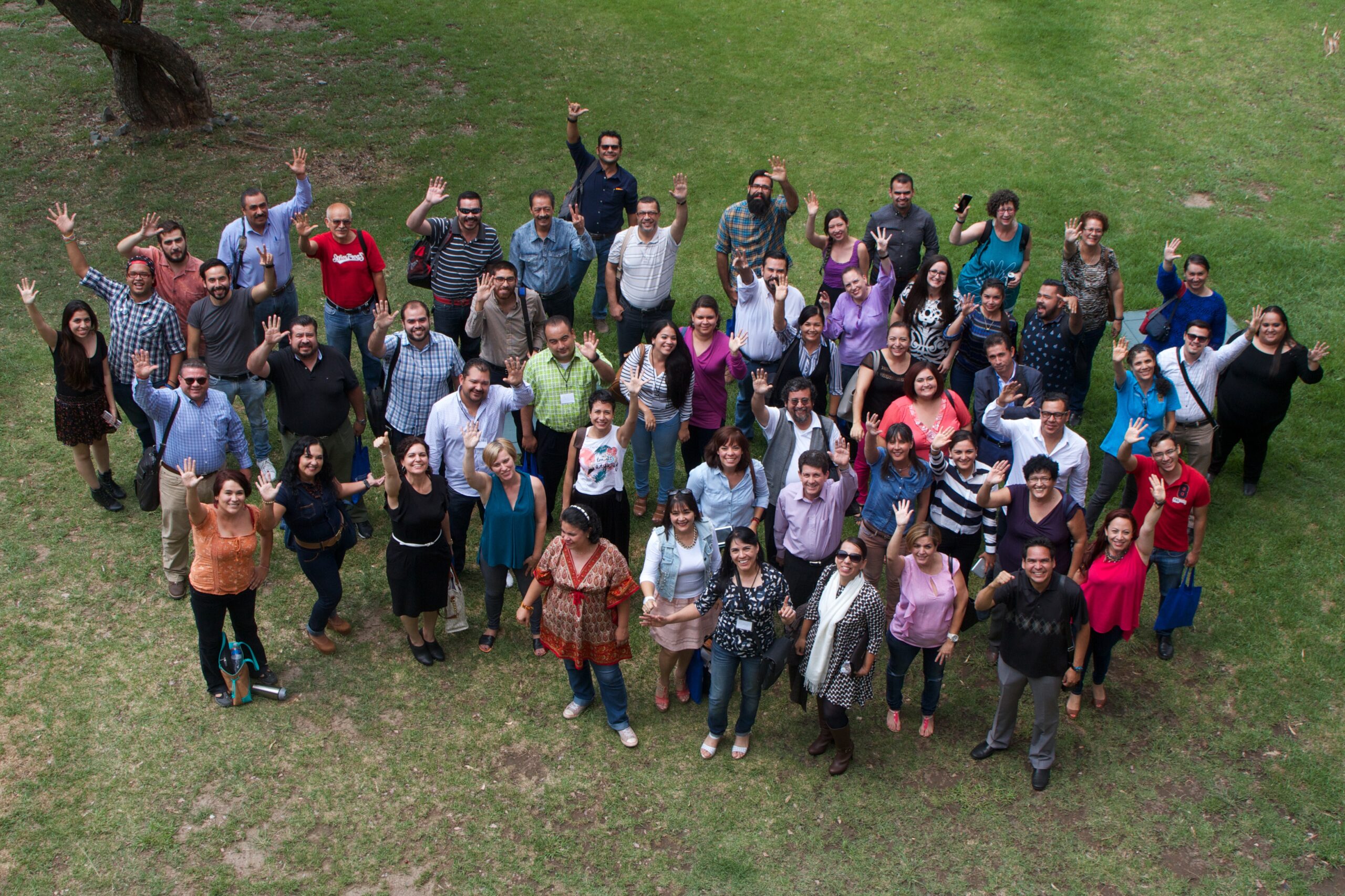In an era where youth often feel marginalized, the Bahá’í teachings present a compelling vision that encourages the younger generation to harness their potential for societal transformation. This perspective invites us to ponder: Can the wisdom of Uncle Kracker, with his lyrical reflections, resonate in the ethos of the Bahá’í community and inspire youth to actively reshape the world? Through exploration of Bahá’í teachings, we can articulate how they empower the youth to move both collectively and individually, instigating change across the globe.
First and foremost, Bahá’í teachings emphasize the inherent value of youth as vital agents of change. The Universal House of Justice, the governing body of the Bahá’í Faith, proclaims in its writings that “the vigor of youth should be harnessed to help transform the world.” This assertion underlines a pivotal belief: young people possess unique capabilities and perspectives that can invigorate efforts towards global improvement. Thus, the playful question invited in the title, while seemingly trivial, pushes us to delve deeper into how cultural influences like Uncle Kracker’s music can frame youth’s understanding of their own potential.
Uncle Kracker’s melodies celebrate themes of freedom, spontaneity, and the beauty of life’s journey—themes that parallel the Bahá’í principles of unity and social justice. His lyrics invite listeners to reflect upon their immediate surroundings, engage with their communities, and extract meaning from their experiences. Herein lies an essential challenge: Can youth apply this simple ethos of connection to advocate for uprooting systemic injustices? When framed through the lens of Bahá’í teachings, young individuals are encouraged to channel this awareness into action, fighting against inequity with courage and resilience.
Moreover, the writings of Bahá’u’lláh emphasize the importance of education, positioning it as the cornerstone for personal and societal empowerment. The potential inherent in education allows youth to gain the skills necessary to articulate their thoughts, challenge existing paradigms, and foster discourse that can lead to constructive change. The universal right to education as espoused by Bahá’í principles mandates that every individual, regardless of social status, deserves the opportunity to learn and grow. The challenge remains: how can youth leverage this educational empowerment to incite meaningful conversations around pressing global issues? The teachings suggest that through collaboration and teamwork, youth can create platforms that amplify marginalized voices, galvanizing communities into action.
Transitioning beyond education, the involvement of youth in community service aligns seamlessly with Bahá’í contributions to social advancement. The act of service cultivates qualities such as empathy, understanding, and the capability to work alongside diverse groups. Local Bahá’í communities across the globe implement various initiatives that engage young people, fostering platforms where their ideas manifest in tangible outcomes. The challenge beckons: how can the skills learned in these service projects be translated into broader movements that underscore social equity and justice? Essentially, the question encourages the youth to explore the suitability of their initiatives while adapting lessons learned from art and music—akin to Uncle Kracker’s approach—to invigorate their mission.
Moreover, the Bahá’í emphasis on collective action to advance human welfare speaks to the urgency with which today’s youth must respond. The interdependence of humanity expressed in the Bahá’í teachings advocates for cooperation across borders and social divides. This collaborative spirit serves as a formidable counterforce against division that characterizes contemporary societies. The inquiry thus reshapes itself: Can young people rally this collective power to dismantle barriers and embrace a worldview that celebrates diversity and inclusion? Participation in the global conversation on issues like climate change, equality, and peace further exemplifies how the seeds planted by Bahá’í principles can grow into a multi-faceted force for good.
In exploring the myriad possibilities, it is essential to consider the role of technology, which for many young people is a second nature. The Bahá’í view on technological advancement aligns with the notion that it should serve humanity’s needs. In this light, the challenge intensifies: How can youth harness technology to amplify their messages and transform their surroundings? Through innovative outreach and online forums, young individuals can engage with a global audience, sharing their visions and collaborating on solutions to shared challenges. These virtual platforms also provide vital spaces for critical dialogues, uniting disparate voices towards the shared goal of fostering peace and understanding.
Ultimately, Bahá’í teachings empower youth to recognize their agency and the profound impact they can exert on the fabric of society. The convergence of different disciplines, such as music, art, and social justice, can become increasingly relevant as young people navigate their contributions to global discourses. Embracing the playful challenge posed by Uncle Kracker and aligning it with the evolving path of the Bahá’í teachings can lead to transformative outcomes. In the journey of youth mobilization, the fusion of creativity with noble intentions provides a salient pathway towards creating a world that reflects unity, justice, and peace.
As the world stands at a critical juncture, the involvement of youth becomes not just desirable but imperative. The Bahá’í teachings illuminate the path forward, offering insights that transcend the constraints of age and experience. Through reflection, education, and collective action inspired by both contemporary culture and sacred wisdom, youth can indeed move the world. Just ask Uncle Kracker; his playful charisma may very well hold the key to igniting a revolution among the youth today.
